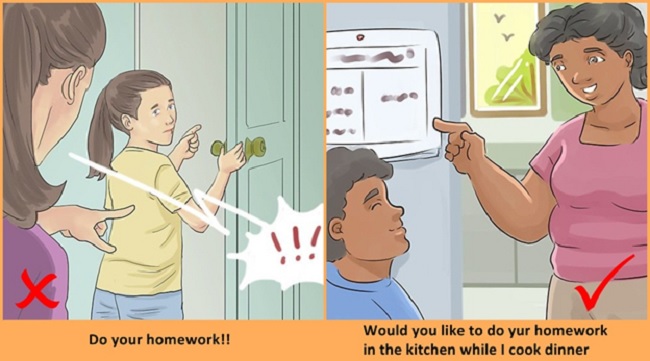Parenting isn’t an easy job where there is always a conflict with kids in any family. Invariably parents through no fault of theirs aren’t aware of how to treat or speak to a child with context to the existing generation. What may have been the norm and the right thing to do in your childhood may not hold true today. Parenting needs to evolve with time but above all it should be tempered with patience. It is impatience that generally leads us to act wrongly with a child that triggers conflict, misbehavior and rebellion with kids.
1Parent-child conflicts can start from the age of 3
Advertisement
Parent-child conflicts start from as early as when a child is 3 years old. It is invariably violation of a child’s space and borders that cause such problems. Children are prone to asserting their independence when they see impositions which they cannot justify and rebellion thus takes on different forms. The art of parenting today is finding a common ground where compromise and understanding is the greatest need to ensure a child’s obedience. Here’s how you can find a common language with your child according to psychologists. This will help you teach your child the etiquette of cooperative behavior while making them feel important.

Image Source: www.honestdocs.co
2Look for the advantage
Advertisement
Nobody not even kids like criticism. Criticism can hurt adults and children alike and the only way to understand the indignation that swells up within a child being criticized is to remember the experience of how you felt when you were the subject of the same. Criticism irritates a kid to the point of breaking contact and courting silence without replying to questions.
Ideally, constructive criticism tempered with praise will do the trick. Moreover, criticism should never be harsh so soften your words without demeaning or hurting the child. You will automatically find different results.

3Offer your child options
Advertisement
Household chores are necessary but what will surprise you to know is that psychologists feel it isn’t the nature of work that puts off a child; it is the strict tone of voice that demands the job to be done. Provide a choice to the child but within the capabilities of age. Given the choice of making a decision increases a child’s self-esteem and you will still retain control over your child’s behavior.

4Forced options
Advertisement
When it boils down to mandatory choices, psychologists advise giving younger children a forced choice like “peas or carrots”. That will also get them to cooperate with you.

Image Source: theconversation.com